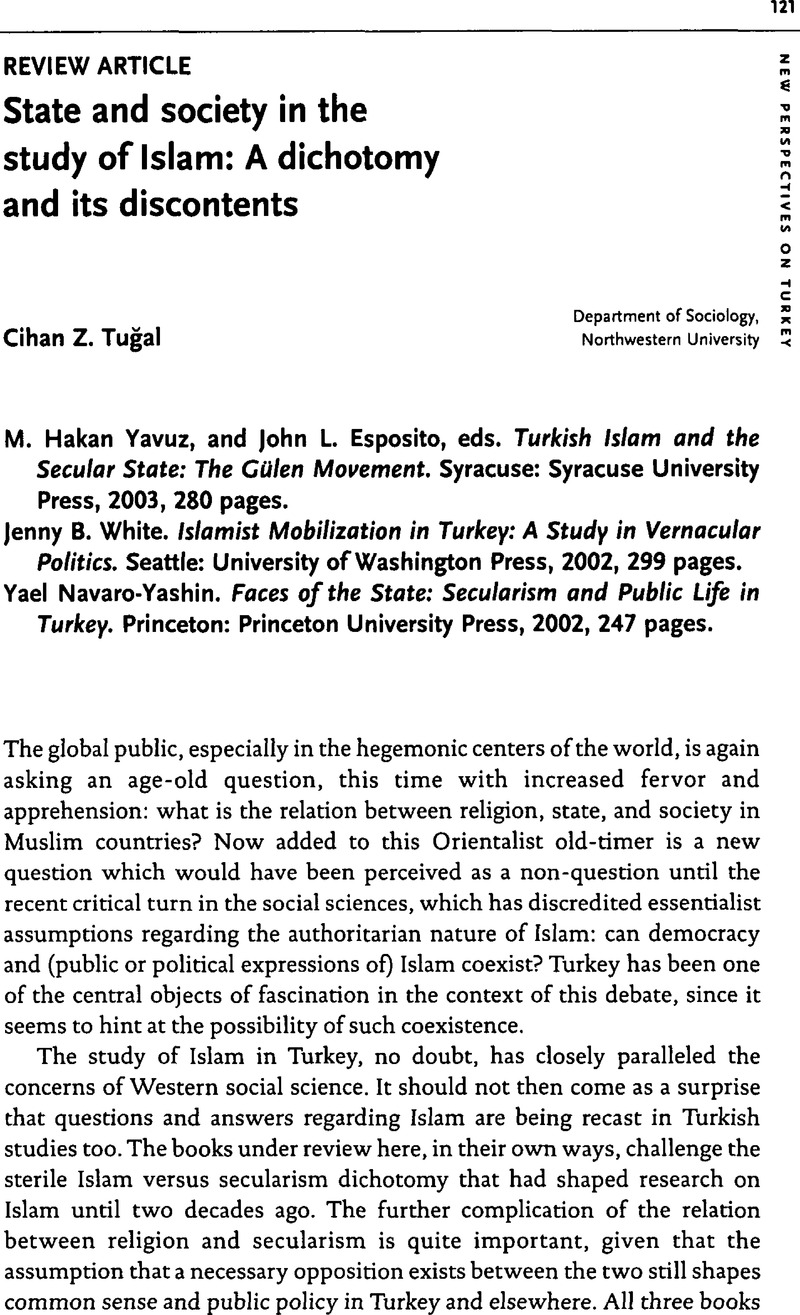Crossref Citations
This article has been cited by the following publications. This list is generated based on data provided by Crossref.
Lovering, John
and
Türkmen, Hade
2011.
Bulldozer Neo-liberalism in Istanbul: The State-led Construction of Property Markets, and the Displacement of the Urban Poor.
International Planning Studies,
Vol. 16,
Issue. 1,
p.
73.



